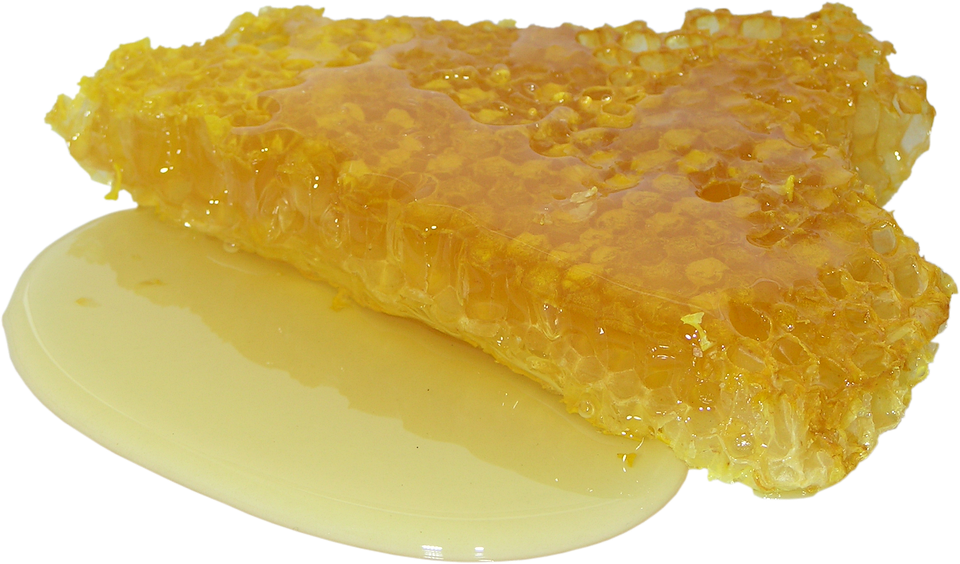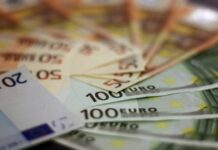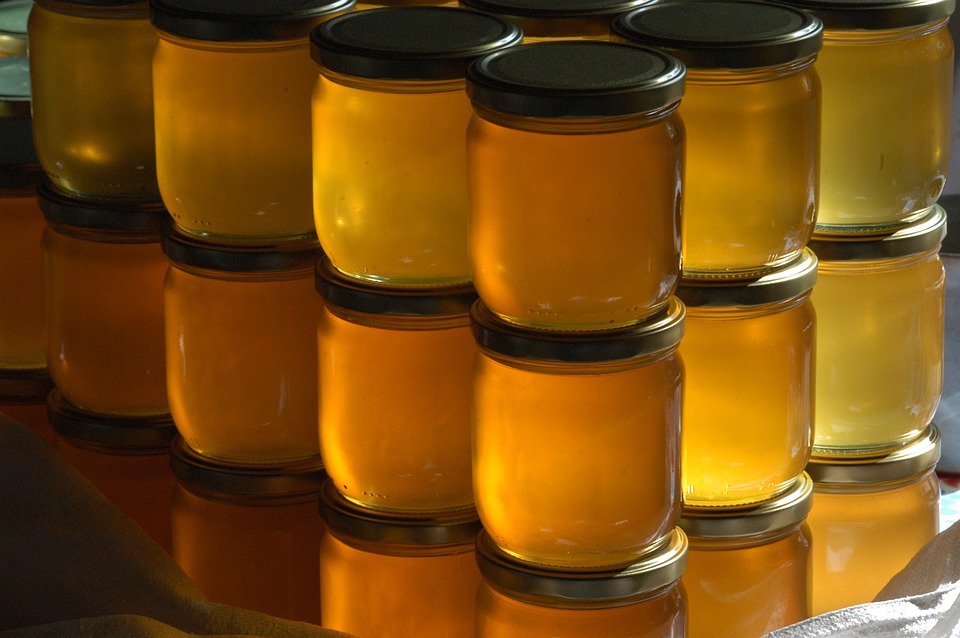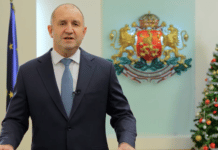
The temporary ban on the import of Ukrainian honey is in favor of Bulgarian beekeepers. This was commented by the chairman of the Burgas Beekeeping Association Dr. Plamen Dimitrov for Iskra.bg. According to him, it would be best to impose a total ban. When asked if there is an increased import of Ukrainian honey, he replied that there are no such observations, because the market is regulated, and traders import such quantities as they need.
“Perhaps more is being imported because many colleagues failed to sell their honey from last year and it is sitting in the warehouses. Yes, you could say”, he added.
Ukrainian honey is cheaper and trades for about $2 per kilogram, Dr. Dimitrov reported. He is not entirely familiar with its quality, but as far as he knows it is mostly derived from sunflowers. According to him, the control of imports at the border is almost negligible.
There are many problems in the industry, says Dr. Dimitrov categorically, and he shares that the state does not encourage the sale of honey on international markets, which have long been monopolized and controlled by the Germans, who have created a certified laboratory and determine what honey to buy. The only truth he knew was that there was no unsold honey because it did not spoil.
Dr. Plamen Dimitrov himself is a registered organic beekeeper and holds a certificate for this, which allows him to sell his products at a higher price. However, he notes that not all of his colleagues can get such certificates because they are associated with additional money and conditions to meet:
“Retrieving such a document is difficult. Additional certification costs over 1000 euros, that is, if you have few hives – it is not worth it. Also, the area where the beekeeper is located should have a 50:50 ratio of plants. It used to be 70:30. This means that 70% of the plants that grow in the area must be wild, and now this has changed and the ratio is 50:50, that is, 50% wild and 50% cultivated areas, which in Bulgaria is murder, because there are almost no such an area.”
The beekeeper said that because of the requirement, he placed some of his bees in such a place, because of which he obtained a significantly smaller amount of honey.
Asked by an Iskra.bg journalist what the quality of Bulgarian honey is, the specialist replied: “They have been researching Bulgarian honey for years. The mere fact that it has been through the hive, the bees are alive and produced it – that should be enough that it is edible, even though it has some minimal pesticide residue. But which foods don’t have them? There is no problem with honey that has passed through the hive, from the real beekeeper. The problems start when the honey goes to the processing plant. It is then transported to large retail chains, where a product that is not honey is bought for about BGN 5-6 and on the label it says that it contains glucose-fructose syrup. My advice is to buy honey from the nearest beekeeper you know.”
What are the indicators of good Bulgarian honey? It must crystallize, pointed out Dr. Dimitrov, specifying:
“Normal Bulgarian honey crystallizes quickly, except for that extracted from acacia, linden, thistle, lavender. All other types of copper crystallize quickly. Only, it is difficult to separate these types of honey as a crop, because these plants do not bloom in the given period and there are not such large arrays. I’m not talking about acacia, linden and lavender, where things happen. The other thing is – when you turn the honey, the jar should form a column between the bottom and the honey itself, and not immediately separate like oil.”
According to him, the situation in the industry can be improved by organizing exchanges, although this is not very suitable for some manufacturers, and he gave an example:
“For example, I and three other people keep about 1,000 hives. What can we do next? Watch the bees or go to the stock market? Cant happen. We tried to organize somehow in Burgas. We had to make a Producers’ Organization, a manager, an accountant and workers had to be paid a salary. Let’s say there are 6 of us and we don’t produce a lot of copper – a maximum of 50 tons. In the end, it happens that when you pay the salaries of the manager and the staff – it’s not worth it at all. That’s why we sell it wholesale and, where possible, retail. And for years we survive like that.”
A plus for Bulgarian beekeepers is when there is a poor harvest in Ukraine, Argentina, Mexico and Brazil, where the major honey producers are located, noted Dr. Dimitrov. According to him, then the price of the native production rises.






